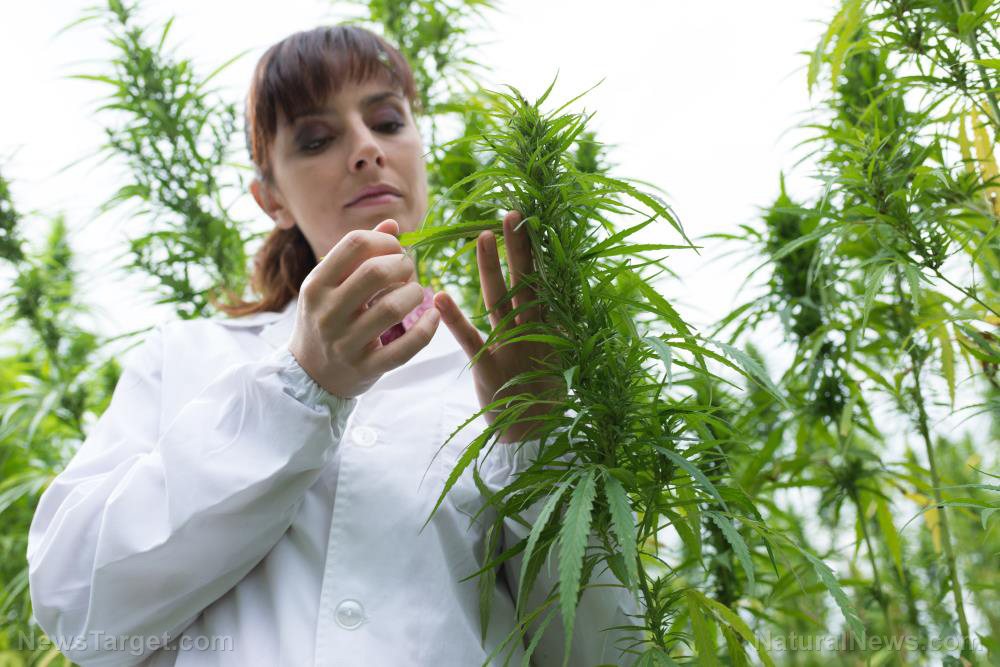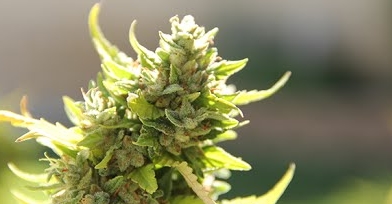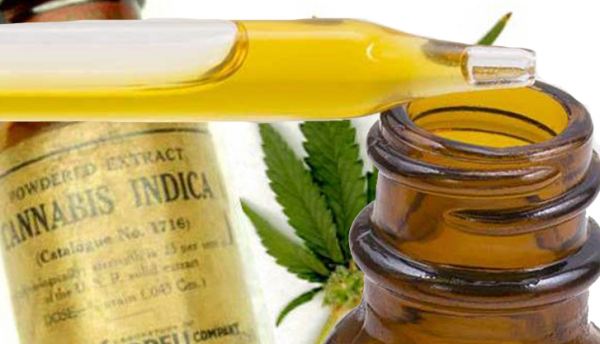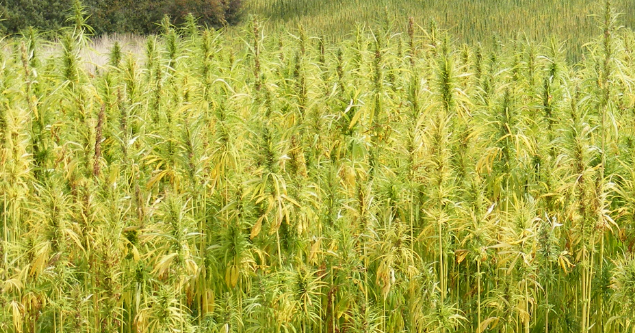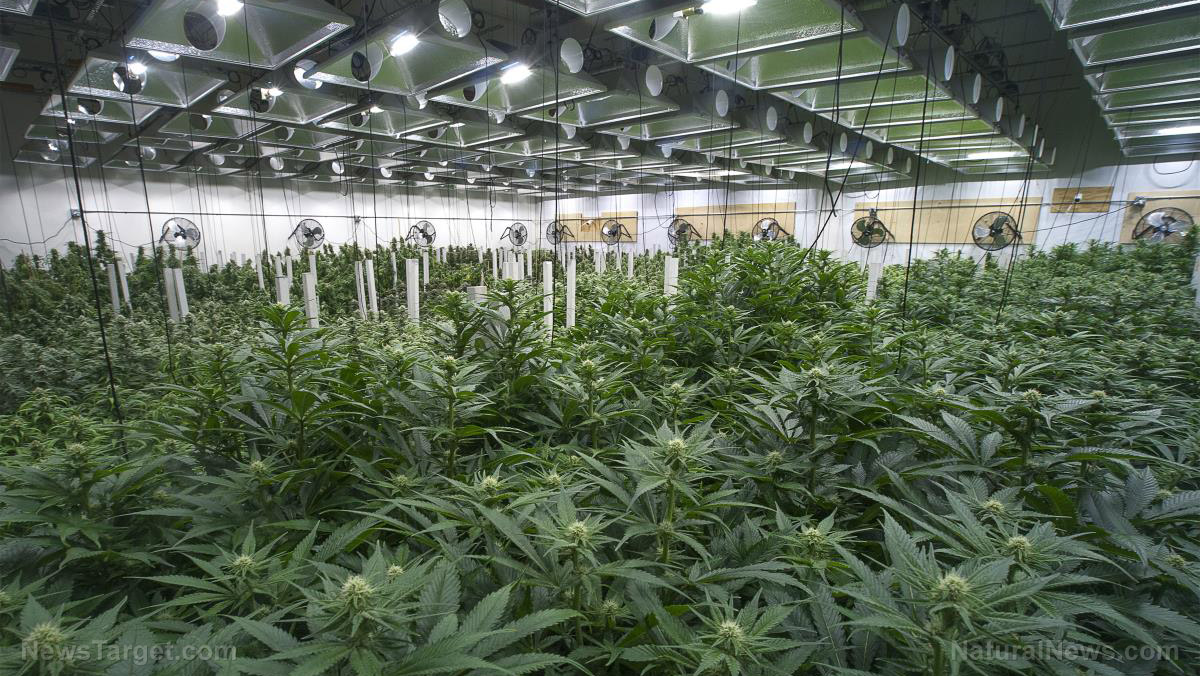Evidence based science and medical marijuana
04/05/2016 / By Claire Rankin
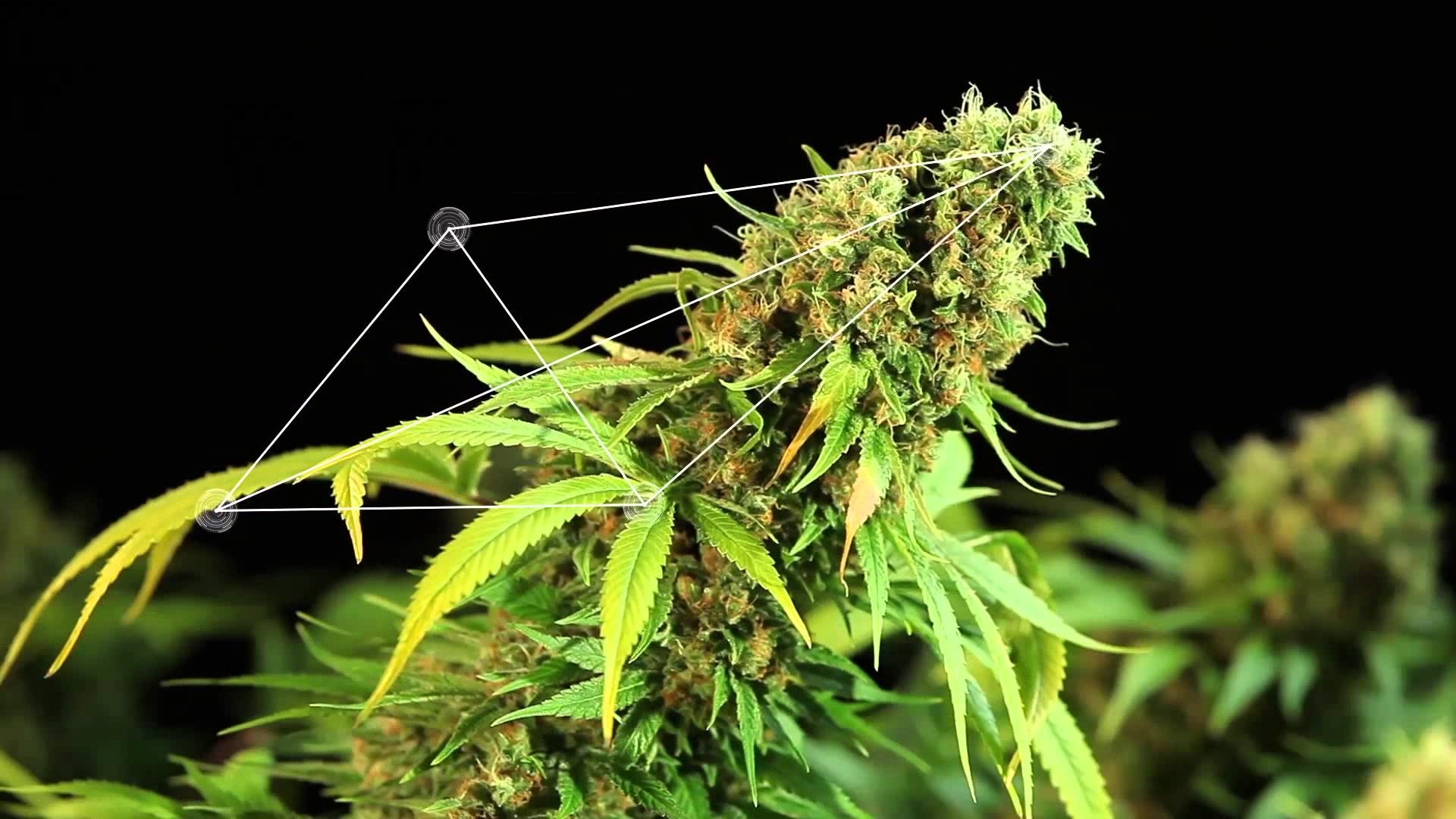
When it comes to marijuana, there is no shortage of anecdotal evidence to prove that it works for just about every medical condition. An internet search will reveal that it has cured people of diseases such as cancer, epilepsy, Parkinson’s disease, insomnia, depression and more. Should one go ahead and just try it, regardless of any science based research?
The word anecdote is defined as “an account regarded as unreliable or hearsay”. The danger with believing all and any anecdotal evidence is that one could possibly put one’s life at risk by thinking that what has worked for one person will work for everyone. When it comes to using marijuana for medical reasons, there is also uncertainty as to what cannabis strain to use, how much to take for a certain condition and what side-effects can be expected, information that should be available in order to make an informed choice.
The frustrating thing is that a lot of research into medical marijuana has not taken place because cannabis is considered a schedule 1 drug that is dangerous and has no medicinal value. Until this status changes, the research needed to prove that it works will not be performed. Also, when research is undertaken, it is usually funded by pharmaceutical companies who have an interest in developing synthetic drugs, designed to imitate nature, so that they can profit from the medications they develop.
Evidence based science into medical marijuana – why?
A major criticism of alternative therapies like medical marijuana is they have not been scientifically tested, leading many to question their safety and efficacy.
The scientific method is defined as “a method of procedure that has characterized natural science and consists of systematic observation, measurement, and experiment, and the formulation, testing, and modification of hypotheses”. In other words, the scientific method is the best way yet discovered for winnowing the truth from lies and delusion. A major criticism of alternative therapies like medical marijuana is they have not been scientifically tested, leading many to question their safety and effectiveness.
How many people know exactly how large a dose of cannabis oil can be ingested with safety for treating breast cancer, for example? How does one know if medical marijuana will work for breast cancer that is driven by hormones? Or if it will work for a triple-negative breast cancer? How about if the cancer recurs and has spread to the lungs or liver?
In desperation and where there is no cure in sight, people will resort to anything to save their lives. And it is their choice. But it is also a good idea to carefully research the subject if possible, and consult an integrative oncologist as well as a conventional oncologist in the case of cancer to enhance one’s chances of survival, instead of blindly believing everything on the internet.
Sources:
http://www.ncbi.nlm.nih.gov/pmc/articles/PMC3628147/
http://www.ncbi.nlm.nih.gov/pubmed/19296351

